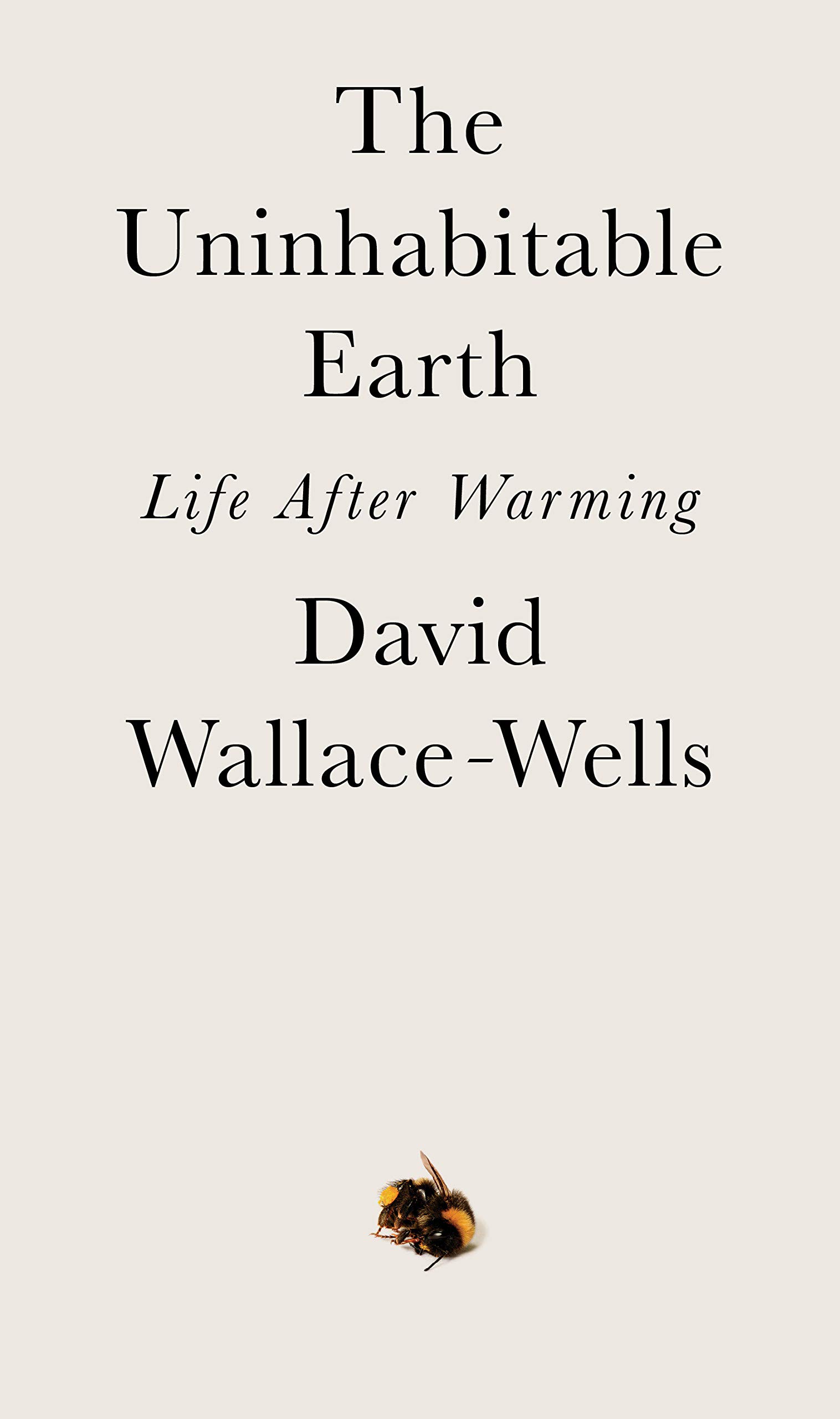 In recent weeks, former Bush speechwriter David Frum and Vox founder Ezra Klein have taken their stabs at answering an oft-asked question since November 2016, namely: How did it come to this?
In recent weeks, former Bush speechwriter David Frum and Vox founder Ezra Klein have taken their stabs at answering an oft-asked question since November 2016, namely: How did it come to this?
More specifically, how does a narcissistic, quasi-fascist authoritarian who openly flouts the most basic standards of human decency and traditional morality still command the unwavering and nearly unanimous loyalty of the Republican Party and its base of evangelical Christians?
Using those articles as a springboard, combined with some reading I’ve been doing on the side, here’s my answer: Because supporting Trump is the natural extension of the same habits of thought evangelicals have developed for much of the past century.
In his article on Devin Nunes’ uncritical embrace of nonsensical conspiracy theories to defend Trump during the House Intelligence Committee’s impeachment hearings, former Bush speechwriter David Frum described the “closed knowledge system” that dominates modern conservative political thought.
“The prisoners and victims of this system live in a dreamworld of lies,” he writes. “Yet it would not quite be accurate to describe them as uninformed. They are disinformed, and on a huge scale.”
This may be something new for Frum to witness in the conservative political world (perhaps because he was the beneficiary of it while working in the Bush administration), but for those of us who grew up in the conservative religious world, reliance on a “closed knowledge system” that leaves its inhabitants not uninformed but very much disinformed is quite familiar.
 “It is worse, much worse, than you think.”
“It is worse, much worse, than you think.” You may or may not be aware that one of my research interests is the response of Evangelical and Fundamentalist Christians to the theory of evolution. It was actually my whole
You may or may not be aware that one of my research interests is the response of Evangelical and Fundamentalist Christians to the theory of evolution. It was actually my whole 





